#cox
Explore tagged Tumblr posts
Text
Doublethink sump linkdump
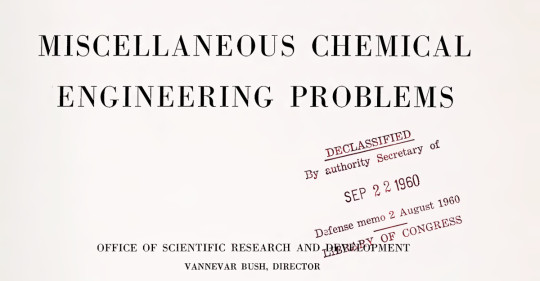
On OCTOBER 23 at 7PM, I'll be in DECATUR, presenting my novel THE BEZZLE at EAGLE EYE BOOKS.

Trigger warning for #eikositriophobia: this is my 23d linkdump (Hail Discordia!), an erratic Saturday purge of the open tabs I haven't managed to blog this week; here's the previous 22:
https://pluralistic.net/tag/linkdump/
When I was a kid, I idolized Harlan Ellison. I loved his prose styling, his stage presence, the way he blended activism and fiction, and the way he mixed critical nonfiction with fiction. As a 17 year old, I attended a writing workshop that Ann Crispin was giving at a local science fiction convention and she told me that I had the makings of a great writer, just as soon as I stopped trying to be Harlan Ellison.
But Harlan was a complicated figure. I attended the Clarion Workshop in 1992 specifically because he was our instructor, and came away bitterly disillusioned after he targeted one of my fellow students for relentless, cruel bullying, a performance that was so ugly that the board fired the director and permanently barred him from teaching the workshop.
Later on, Harlan became the kind of copyright maximalist who called for arbitrary internet surveillance and censorship in the name of shutting down ebook piracy. During a panel about this at a sf convention, he called one of the other panelists a "motherfucker" and threatened to punch him in the face. He took to badmouthing me in interviews, painting my position – whose nuances he certainly understood – in crude caricature.
But Harlan and I had many friends in common, people I really liked, and they were adamant that Harlan's flaws were not the whole story: if Harlan liked you, he would do anything to stand up for you, no matter the cost to himself. Famously, when Harlan taught Octavia Butler's Clarion, he demanded to know why she wasn't writing full time, and she replied that there was the inconvenient matter of making rent and groceries. He replied, "If that's all that's stopping you, come live in my guest house for as long as it takes, eat my groceries, and write." Which she did.
Which is great, but also: one of my own Clarion students told me about when his then-teenaged mother met Harlan at a sf convention and told him that she dreamed of becoming a writer, and he propositioned her. She was so turned off that she stopped writing forever (her son, my student, is now an accomplished writer).
So Harlan was a mixed bag. He did very, very good things. He did very, very bad things. When Harlan died, in 2018, I wrote an obit where I grappled with these two facts:
https://memex.craphound.com/2018/06/28/rip-harlan-ellison/
In it, I proposed a way of thinking about people that tried to make sense of both Harlans – and of all the people in our lives. There's an unfortunate tendency to think of the people that matter to us as having their deeds recorded in a ledger, with good deeds in one column and wicked deeds down the other.
In this formulation, we add up the good deeds and the bad deeds and subtract the bad from the good. If the result is a positive number, we say the good outweighs the bad, and therefore the person is, on balance, good. On the other hand, if the bad outweighs the good, then the person is bad, and the good deeds are irrelevant.
This gets us into no end of trouble. It means that when someone we admire slips up, we give them a pass, because "they've earned it." And when someone who's hurt us does something selfless and kind and brave, we treat that as though it doesn't matter, because they're an asshole.
But the truth is, no amount of good deeds can wipe away the bad. If you hurt someone, the fact that you've helped someone else doesn't make that hurt any easier to bear. And the kindnesses you do for other people make their lives better, no matter what bad things you've done to others.
Rather than calculating the balance of our goodness or badness, I think we should just, you know, sit with our sins and virtues. Let all the harm and joy exist in a state of superposition. Don't cancel out the harm. Don't wave away the good. They both exist, neither cancels the other, and we should strive to help more, and to do less harm. We should do everything we can to help those we harm. No one owes us a pass because of the good we've done.
That's the lesson Harlan taught me, and he taught it to me by absolutely failing to live his life this way – a fact that exists alongside all of the good he did, including the great art he made, which I love, and which inspired me.
Not long after Harlan's death, I got a phone call from J Michael Straczynski, Harlan's literary executor. As part of his care for Harlan's literary legacy, Joe was editing a new anthology of short stories, The Last Dangerous Visions, and did I want to contribute a story?
https://www.rollingstone.com/culture/culture-features/harlan-ellison-last-dangerous-vision-1235117069/
Of course I did. Harlan edited Dangerous Visions in 1967: a groundbreaking anthology of uncomfortable science fiction that featured everyone from Philip K Dick to Samuel Delany. The followup, 1972's Again, Dangerous Visions, was, if anything, even more influential, including Le Guin's The Word For World IS Forest, as well as work by Joanna Russ, Kurt Vonnegut, David Gerrold, and James Tiptree, Jr.
Though some of the stories in these books haven't aged well, together, they completely changed my view of what science fiction was and what it could be. But The Last Dangerous Visions was a different (ahem) story. For complicated reasons (which all cashed out to "Harlan being very difficult to work with, sometimes for damned good reasons, other times for completely petty ones), TLDV was, at the time of Harlan's death, fifty years behind schedule. It was "science fiction's most famous unpublished book." Harlan had bought early work from writers who had gone on to have major careers – like Bruce Sterling – and had sat on them for half a century.
Then Joe called me to tell me that he was starting over with TLDV and did I want to contribute a story – and of course I did. I wrote a story for him with the title "Jeffty Is Five," part of my series of stories with the same titles as famous works of sf:
https://locusmag.com/2012/05/cory-doctorow-a-prose-by-any-other-name/
Joe liked the story, but not the title. He thought Harlan wouldn't have approved of this kind of appropriation, and he wanted to do right by the memory of his old friend. My first reaction was very Harlan-like: this is supposed to make you mad, it's my art, and if it offends you, that's your problem.
But I remembered the most important lesson I learned from Harlan, about good deeds and bad ones, and I thought about Joe, a writer I admired and liked, who was grappling with his grief and his commitment to Harlan's legacy, and I changed my mind and told him of course I'd change the title. I changed the title because Harlan would never have done so, and that's rather the point of the story.The story is (now)) called "The Weight of a Heart, the Weight of a Feather" (a very Harlanish title), and it's about the legacy of complicated people, whose lives are full of noble selflessness *and careless or deliberate cruelty. It's about throwing away the ledger and just letting all those facts sit together, about lives that are neither washed of sin by virtue, nor washed of virtue by sin.
It's a good story, I think, and I'm proud of it, and I'm interested in what the rest of you think now that the book is out:
https://www.blackstonepublishing.com/products/book-fyhm
Harlan was the writer who made me want to get good at reading my stories aloud. I was a charter member of the Harlan Ellison Record Club, as you can see for yourself from the time Harlan (accidentally) doxed me:
http://harlanellison.com/text/paladin.txt
After nearly 20 years of podcasting, I'm actually pretty good at this stuff. I'm going to be podcasting a reading of this story – eventually. I am nearly done "de-googling" my podcast feed, ripping it out of Feedburner, a service that I started using nearly two decades ago to convert a WordPress RSS feed to a podcast feed. In the intervening years, WordPress has come to support this natively and Feedburner has become a division of Google, so I've been methodically removing Feedburner's hooks from my feed, which is now proudly available here, without any surveillance or analytics:
https://craphound.com/feeds/doctorow_podcast
I'll be writing up the process eventually. In the meantime, I'm about to embark on another podcast fiction project, serializing my novella Spill, a "Little Brother" story that Tor's Reactor just published:
https://reactormag.com/spill-cory-doctorow/
The first part of "Spill" will go out tomorrow or Monday. Reactor also just published another "Little Brother" story, "Vigilant," which I read in last week's podcast:
https://craphound.com/littlebrother/2024/09/29/vigilant-a-little-brother-story/
One of my long-running beefs with Harlan was his insistence that the answer of copyright infringement online was to create an obligation on intermediaries – like ISPs – to censor their users' communications on demand from anyone claiming to have been wronged by a post or upload.
This would be bad for free expression under any circumstances, but it's an especially dangerous vision for ISPs, who are among the worst-run, most venal businesses in modern society ("We don't care, we don't have to, we're the phone company" -L Tomlin).
It's hard to overstate just how terrible ISPs are, but even in a field that includes Charter and Comcast, there's one company that rises above the pack when it comes to being grotesquely, imaginatively awful: Cox Communications.
Here's the latest from Cox: they sell "unlimited" gigabit data plans that cost $100 for the base plan and $50 to add the "unlimited" data. But – as Jon Brodkin writes for Ars Technica – Cox uniquely defines "unlimited" as severely limited:
https://arstechnica.com/tech-policy/2020/06/cox-slows-internet-speeds-in-entire-neighborhoods-to-punish-any-heavy-users/
Now, you're probably thinking, ho-hum, another company that offered unlimited service and then acted like dicks when a customer treated it as unlimited, ::laughs in American Airlines::
https://www.forbes.com/sites/jamesasquith/2019/11/13/unlimited-first-class-flights-for-lifehow-american-airlines-made-the-most-expensive-mistake-in-aviation-history/
But that's not the Cox story! Cox doesn't just throttle "unlimited" customers' internet to 2006-vintage DSL speeds – they slow down the entire neighborhood around the unlimited customer to those speeds.
As Brodkin writes, every Cox customer in the same neighborhood as an "unlimited" customer named "Mike" had their upload speeds reduced by more than two thirds, from 35mbps to 10mbps, to punish Mike. And they're not the only ones!
https://www.reddit.com/r/GNV/comments/gkicjg/comment/fr670cx/
Cox confirmed they were doing this, saying "performance can be improved for all customers in the neighborhood by temporarily increasing or maintaining download speeds and changing upload speeds for some of our service tiers."
Cox has been on a roll lately, really going for the shitty-telecoms-company gold. Back in August, 404 Media published a leaked pitch deck in which Cox promised advertisers that they were secretly listening to their customers' smart devices, transcribing their private conversations, and using them to target ads:
https://www.404media.co/heres-the-pitch-deck-for-active-listening-ad-targeting/
This isn't just appalling, it's also almost certainly fraudulent. As terrible as "smart" devices are (and oh God are they terrible), the vast majority of them don't do this. That's something a lot of security researchers have investigated, doing things like hooking up a protocol analyzer to a LAN with a smart device on it and looking for data transmissions that correspond to ambient speech in earshot of the gadget's mic.
My guess is that Cox has done a deal with a couple of the bottom-feedingest "smart TV" companies (as a cable operator, Cox will have relationships with a lot of these companies) to engage in this conduct. Smart TVs have emerged as one of the worst categories of consumer technology, on every axis: performance, privacy, repairability. The field has raced to the bottom, hit it, and then started digging to find new lows to sink to. This is just my hunch here, but I think it's highly likely that if there's a class of devices that are bugging your living room and selling the data to Cox, it's gonna be a smart TV (top tip: buy a computer monitor instead, and use your phone or laptop to stream to it).
Ask a certain kind of very smooth-brained, Samuelson-pilled economist about the enshittification of smart TVs and they'll tell you that this is a "revealed preference":
https://en.wikipedia.org/wiki/Revealed_preference
As in, sure, you may say that you don't want your TV to secretly record your private conversations and sell them to Cox, but actually you quite like it, because you have a TV.
While this is a facially very stupid argument, it's routinely made by people who think they're very smart, a point famously made by Matt Bors's "Mr Gotcha":
https://thenib.com/mister-gotcha/
Comics turn out to be a very good medium for stringing up the revealed preferences crowd on their own petards. This week, Juan Santapau's "The Secret Knots" added to the Mr Gotcha canon with an equally brilliant webcomic, albeit one with a very different vibe, entitled "Remind Me Later":
https://thesecretknots.com/comic/remind-me-later/
Santapau really catches the zeitgeist with this one, which is more of a slow burn than a zinger, and which shows how online "revealed preferences" nonsense grooms us for the same bullshit in every corner of our lives, even our psychotherapist's office. Highly recommended – an instant classic.
"Revealed preferences" comes from the Chicago School of Economics, a field that decided that a) economics should be a discipline grounded in mathematical models; and b) it was impossible to factor power relationships into these models; so c) power doesn't matter.
Once you understand this fact, everything else snaps into focus – like, why the Chicago School loves monopolies. If you model an economy dominated by monopolists without factoring the power that monopolists wield, then you can very easily assume that any monopoly you discover is the result of a lot of people voluntarily choosing to spend all their money with the company they love best.
The fact that we all hate the monopolists we have to deal with is dismissed by these economists as a mirage: "sure, you say you hate them, but you do business with them, therefore, your 'revealed preference' shows that you actually love them."
Which is how we end up with absolutely outrageous rackets like the scholarly publishing cartel. Scholarly journals acquire academics' work for free; get other academics to edit the work for free; acquire lifetime copyright to those finished works; and charge the institutions that paid those "volunteer" academics salaries millions of dollars to access their publications:
https://pluralistic.net/2024/08/16/the-public-sphere/#not-the-elsevier
These companies don't just lock up knowledge and tie an anchor around the scientists' and scholars' ankles, dragging them down. Their market power means that they can hurt their customers and users in every way, including through rampant privacy violations.
A new study from SPARC investigates the privacy practices of Springerlink, and finds them to be a cesspit of invasive, abusive conduct that would make even a Cox executive blush:
https://zenodo.org/records/13886473
Yes, on the one hand, this isn't surprising. If a company can screw you on pricing, why wouldn't they scruple to give you the shaft on privacy as well? But The fact that a company as terrible as Springer can be the dominant firm in the sector is still shocking, somehow.
But that's terminal-stage capitalism for you. It's not just that bad companies companies thrive – it's that being a bad company is a predictor of sky-high valuations and fawning coverage from the finance press.
Take Openai, a company that the press treats as a heptillion-dollar money-printer whose valuation will eventually exceed the rest of the known universe. Openai has a lot of problems – a mass exodus of key personnel, a product that doesn't work for nearly all the things it's claimed as a solution to – but the biggest one is that it's a bad business.
That's the theme of a fantastic, characteristically scathing-but-deep Ed Zitron article called (what else?) "Openai is a bad business":
https://www.wheresyoured.at/oai-business/
Zitron does something that no one else in the business press does: takes Openai's claims about its business fundamentals – its costs, its prices, its competitors, and even its capabilities – at face value, and then asks, "Even if this is all true, will Openai ever turn a profit?"
The answer is a pretty convincing "no." Zitron calls it a "subprime AI crisis" in a nod to Tim Hwang's must-read 2020 book about the ad-tech bezzle, Subprime Attention Crisis:
https://pluralistic.net/2020/12/06/surveillance-tulip-bulbs/#adtech-bubble
The fascinating thing about both Zitron and Hwang's analysis isn't that there are big companies that suck – it's that they are able to suck up so much money and credulous excitement, despite how badly they suck.
That's where power – the thing that neoliberal economists say doesn't matter – comes in. Monopoly power is a self-accelerating flywheel, as Amazon's famous investor pitch explains:
https://vimeo.com/739486256/00a0a7379a
Once a monopolist or a cartel wields market power, they can continue to dominate a sector, even though they're very bad – and even if they use their power to rip off both their customers and very powerful suppliers.
That's the lesson of Michael Jordan's lawsuit against NASCAR, as Matt Stoller explains in his latest BIG newsletter:
https://www.thebignewsletter.com/p/michael-jordan-anti-monopolist
Jordan is one of the most famous basketball players, but after retiring from the game, he became a NASCAR owner, and as such, has been embroiled in a monopoly whose abuses are both eerily familiar to anyone who pays attention to, say the pharmacy benefit manager racket:
https://pluralistic.net/2024/09/23/shield-of-boringness/#some-men-rob-you-with-a-fountain-pen
But on the other hand, the fact this is all happening to race-cars and not pharmacies makes it very weird indeed. As with, say, PBMs, NASCAR's monopoly isn't just victimizing the individuals who watch racing, but also the racecar teams. These teams are owned by rich, powerful people (like Jordan), but are "almost always on the verge of bankruptcy."
Why is that? NASCAR rips them off. For example, teams have to buy all their parts from NASCAR, at huge markups, and the purchase contract prohibits them from racing at any rival event. There are a million petty schemes like this, and NASCAR carefully titrates its bleed-off to leave its victims almost at death's door, but still (barely) solvent enough to keep racing.
NASCAR also bought out all the rival leagues, and most of the tracks, and then locked the remaining tracks to exclusivity deals. Then the teams all had to sign noncompetes as a condition of competing in NASCAR, the only game in town – forever.
Hence Michael Jordan, a person who steadfastly refused to involve himself in politics during his basketball career, becoming a firebreathing trustbuster. Stoller cites Jordan's transformation as reason to believe that the anti-monopoly agenda will survive even in the event that Harris wins but bows to corporate donors who insist on purging the Biden administration's trustbusters.
That's a hopeful note, and I'd add my own to it: the fact that the NASCAR scam is so similar to the pharma swindles, academic publishing swindles, and all the other monopoly rip-offs means that there is a potential class alliance between university professors, NASCAR owners, and people with chronic health conditions and big pharmaceutical bills.
That high note brings me to the end of this week's linkdump! And here's a little dessert in case you've got room for one more little link: Kitowares "Medieval Mules", a forthcoming clog styled as trompe l'oeil plate armor:
https://www.kitowares.la/
Pair with old favorites like lycra armor leggings:
https://loricaclothing.com/collections/leggings-1/products/the-augsburg-legging
And a DIY crotcheted knight's helmet:
https://www.etsy.com/listing/590854477/knights-helmet-w-detachable-visor

Tor Books as just published two new, free LITTLE BROTHER s tories: VIGILANT, about creepy surveillance in distance education; a nd SPILL, about oil pipelines and indigenous landback.


If you'd like an essay-formatted version of this post to read or share, here's a link to it on pluralistic.net, my surveillance-free, ad-free, tracker-free blog:
https://pluralistic.net/2024/10/05/farrago/#jeffty-is-five
#pluralistic#linkdump#linkdumps#open access#academic publishing#publishing#monopolies#springer#springer verlag#academia#libraries#glam#cox#collective punishment#ISP#telecoms#cox communications#openai#bubbles#bubblenomics#ed zitron#nascar#michael jordan#car racing#racing#shoes#fashion#medieval mules#harlan ellison#jms
176 notes
·
View notes
Text

#bikelife#kustom kulture#biker's#kustom#bobber#chopper#harleydavidson#harley davidson chopper#harley davidson motorcycles#vw beetle#vw#cox#vintage cars#vintage
240 notes
·
View notes
Text
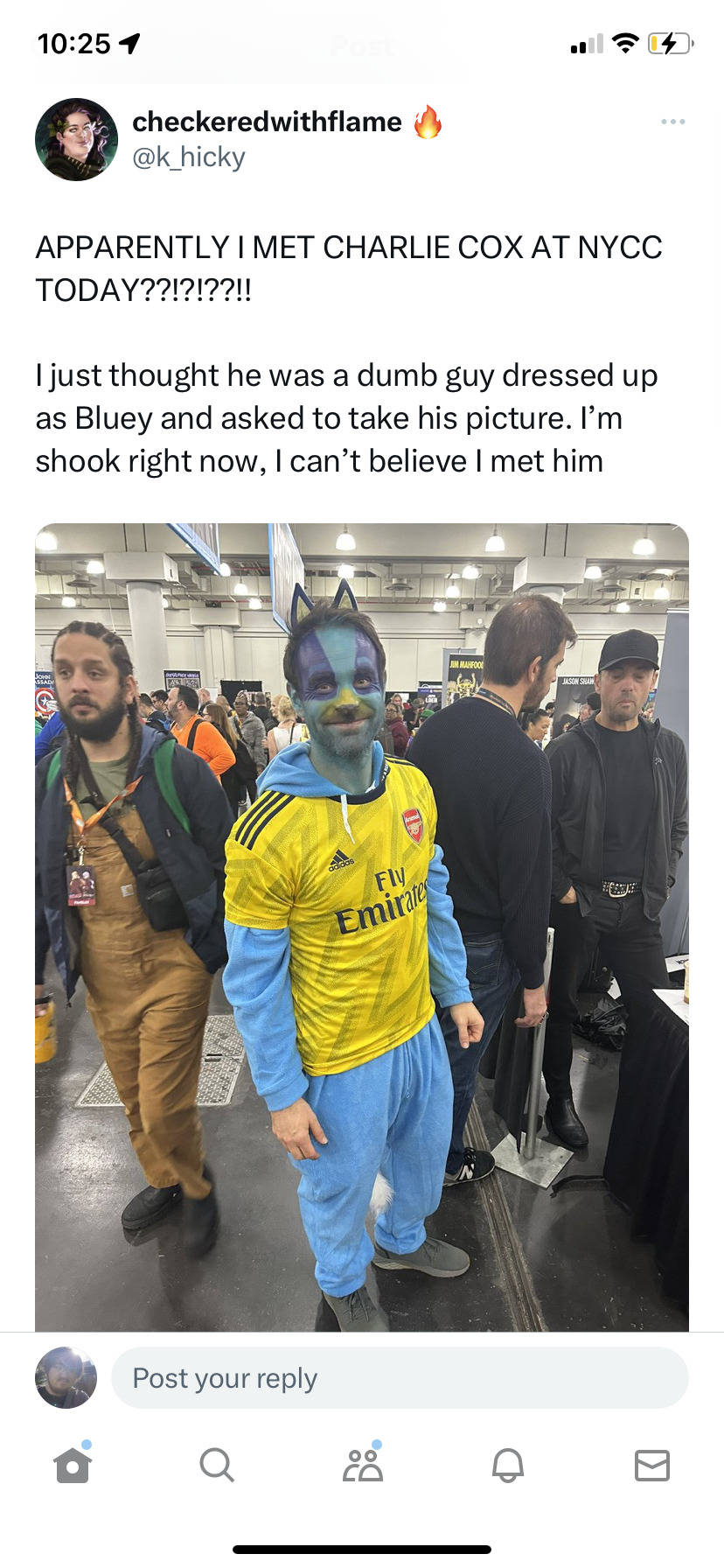
Charlie cosplaying at a con? Amazing. Bluey? An icon if you will.
Someone asking for a photo just for his cosplay and not even realizing it was him till hours later? I’m cackling my ass off a chair HELP
#matt murdock#daredevil#charlie cox#marvel#fandom#nycc 2023#comic con#convention#bluey#con#Matthew Murdock#HELP#LOOK AT THIS MAN#i love him your honor#LOOK AT HIM#Charlie#cox#Matt#Murdock
482 notes
·
View notes
Text
Prompt 25 - Cox
@wolfstarmicrofic August 25, word count 681
CW - Grave, open grave, funeral, minor character death
The service had been small. Hope hadn’t had any family left apart from Lyall and himself. She had a few friends dotted about who had made the journey to see her off, but most of the mourning party was made up of Remus’s friends. Sirius, James, Peter, Mary, Marlene, Dorcus and Lily. They’d all met his Mum at least, and she'd loved each and every one of them.
Lily had his left hand in hers and gave it a squeeze to get him to stand up as his mum’s coffin was carried from the church. Sirius had his right hand and together he and Lily led him to walk behind Hope. He watched with tearful eyes as she was lowered into the ground.
“Ashes to ashes, dust to dust,” The Vicar read the prayer, but Remus blocked out the rest. Hope had been the religious one, not him and certainly not Lyall, but this had been her last wish, and they'd sworn to grant her it. Lily dropped his hand and he shuffled forward to drop a handful of soil onto the shiny coffin that held his mum.
“I miss you so much already, Mum,” He whispered to her. “ I love you,” He dropped the dirt from his hand and winced at the sound it made as it crashed onto the coffin below. Sirius dipped to scoop up a handful as well.
“Rest easy Hope, say hi to Alphard for me,” And he let the soil spill from his hand. He helped Remus back to where Lily was standing, and she took his hand again after saying her own farewell.
Remus was unaware of anything but the two hands holding his. But soon the service was over, and two men began filling in the grave as the mourners filtered out of the graveyard. Lyall came up to him and grasped his shoulder in his big hand, his eyes shining bright with unshed tears.
“Thanks for coming, Hope would have loved seeing you all,” Lyall said to the others. "See you tonight," He added to Remus before walking away.
His friends gathered around him, encasing him in their love. They stood in the cold until the men had finished their job and left them to it. Remus approached the edge of the grave again and shook. She was really gone. He felt Sirius shake too. Then a snort from James. Soon all his friends were trying in vain to hide their laughter.
“What is it?” He turned to Sirius, his heart broken.
“I’m so sorry, love,” Sirius took a deep breath, wiping the tears from the corner of his eyes. “It’s just who picked out this spot?”
“Mum did,” He answered, his voice croaking. “Why?”
“It’s just. Oh, I don’t really want to tell you, not right now,” Sirius grimaced.
“Tell me,” Remus begged. He had a million thoughts rattling around in his head. Sirius looked around for help but no one stepped forward. He ran his free hand through his hair.
“It’s just Hope is surrounded by Cox,” Remus’s eyes bugged out of his head. Surely he couldn’t have heard that right. Sirius pointed at the graves beside Hopes and behind.
“They’re overheard as well,” Marlene snorted from the graves on the row in front of Hopes.
Remus peered at the name beside his mother’s fresh grave. ‘Irene Cox’. He burst into loud uncontrollable guffaws. He fell to his knees at his mother’s graveside, unable to stand with the laughter escaping from him.
“Merlin, Mum. Thanks. Thanks so much. I love you,” He blew a kiss to the quiet earth, knowing Hope must have set this up to make him smile one final time. He stood up and looked at his friends gathered there to help him through this horrid time in his life.
“Let’s go get a pint and a sherry for Mum so we can drink to her,” Sirius grabbed his hand again, squeezing it gently. They followed the twisting path out of the little graveyard and Remus could have sworn he heard his mum’s laugh following after them.
#wolfstar#wolfstar microfic#remus lupin#sirius black#dead gay wizards#remus john lupin#sirius orion black#james potter#lily evans#marlene mckinnon#mary macdonald#dorcas meadowes#peter pettigrew#lyall lupin#hope lupin#remus x sirius#sirius x remus#remus and sirius#sirius and remus#marauders era#harry potter#hopes funeral#sirius and lily are his rocks#hopes last joke#surrounded by cox#cw - grave#cw - open grave#cw - funeral#cw - minor character death#cox
59 notes
·
View notes
Text
guys forget the ship name ‘knarlie’ lets just use ‘cox’ instead !!!!!!!
#I WAS GIGGLING FOR 10MINS STRAIGHT BECAUSE OF THIS :’))#im not funny but I WAS JUST DYING IT WAS JUST SJFMMSKSKAKW#cox#charlie dalton#knox overstreet#dps#dead poets society
49 notes
·
View notes
Text

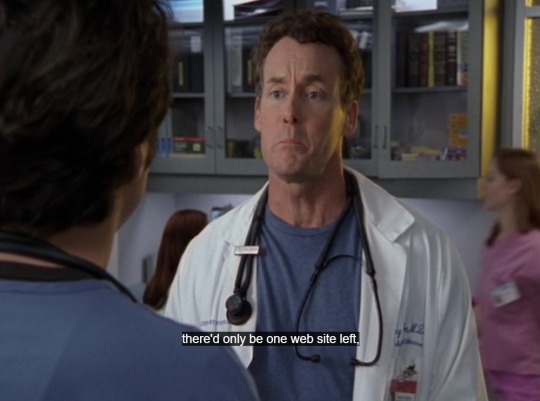
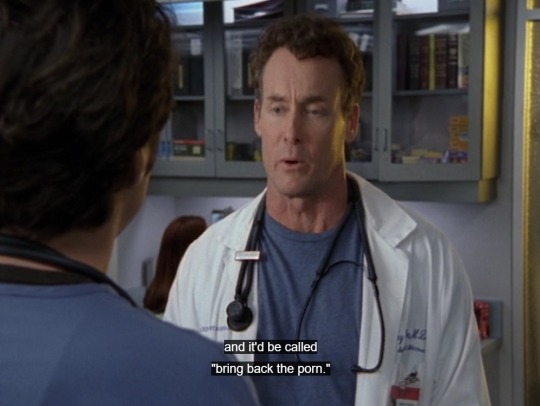
235 notes
·
View notes
Text

hello fellow remaining 2 sparklecarers that still follow me. i randomly remembered sparklecare existed after the whole website revamp and i decided to ferry-fy the old lapfox logo cuz thats one of my current fixations and because my sparklecare sona really does love in-universe lapfox so behold. lapcox trax (i dont have a name for halley labs yet)
18 notes
·
View notes
Note
🖍️🖍️
can need cheeseburger to grow strong and healthy!

(He/Him)
68 notes
·
View notes
Text
Title: Overboard
Rating: M
Prompt: Cox from @wolfstarmicrofic
Word count: 261
Summary: Sirius agrees to train with Remus. It does not go well.
I am writing a fic for each of the prompts this month. You can read all of them here.
+ + +
“All right, let's do it again.”
Sirius stared at his husband, aghast.
“Again?” he asked, incredulously. “You want to go again? Babe, we've been doing this for hours.”
When Remus had proposed the idea to him the week before, Sirius had thought it a good one. Remus needed the practice as the team’s coxswain and Sirius had thought being out on the water would be a nice change to the rowing machine that his swimming coach insisted was part of his training.
However, he had not expected Remus to be this demanding. There was a good reason the two Olympians trained separately. And, after being yelled at for the better part of the morning by his usually quiet husband, Sirius was wondering what he could do to save their marriage. In any other situation, it would be an incredible turn on, but this was something else entirely.
Struck with sudden inspiration, he waited until Remus stood up before violently rocking the boat to one side. With a startled yelp, Remus lost his balance and fell into the water, the boat completely overturning, and also pulling Sirius into the water.
Remus surfaced first. Grinning to himself, Sirius began splashing about.
“Rem!” he called. “Rem, I…” Sirius let his voice trail off.
With a look of alarm on his face, Remus quickly swam over to where Sirius was. “I…” continued Sirius, “I can't swim,” Sirius said, stopping his movements and grinning at Remus.
“Oh, fuck off,” said Remus, splashing a large amount of water at Sirius and swimming away, ignoring his laughing husband.
#ao3#harry potter fanfic#drabble#microfic#sirius black#remus lupin#wolfstar#series: wolfstar olympics microfics#olympics#cox
33 notes
·
View notes
Text

The Baker Street File, Michael Cox, Calabash Press, 1997.
12 notes
·
View notes
Text



Comic update? NOPE! Instead, get these doodles of Cox and her crooked antennae from my AF swap au! 🐞
#You'll see her tomorrow in the new comic page#but I wanted to share these silly doodles!#cox#doodles#raf#digital art#artists on tumblr#anna angels friends comic au#anna angels friends swap au#angels friends swap au#angels friends comic#angel's friends#angels friends#angelsfriendsfanart#angelsfriends#anna naray art#sketch
33 notes
·
View notes
Text
UM HELLO ?
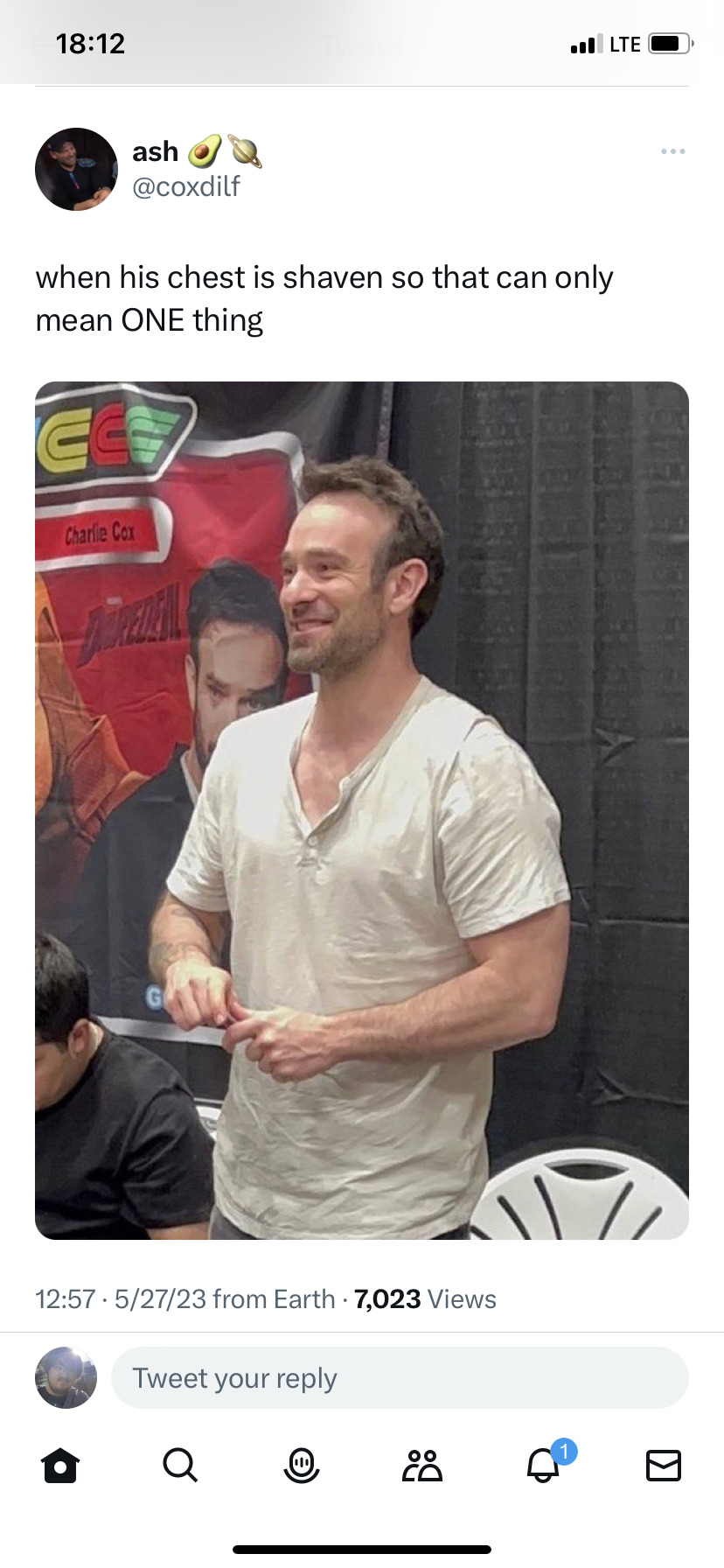
#Charlie cox#HELLO#daredevil#SHIRTLESS SCENES#matt murdock#marvel#daredevil born again#ddba#Charlie#cox#Matthew Murdock#Matt human disaster Murdock#matt murdock x reader#matt murdock fanfic
617 notes
·
View notes
Text


Bottoms #4
15 notes
·
View notes
Text
Day 3- Mascot
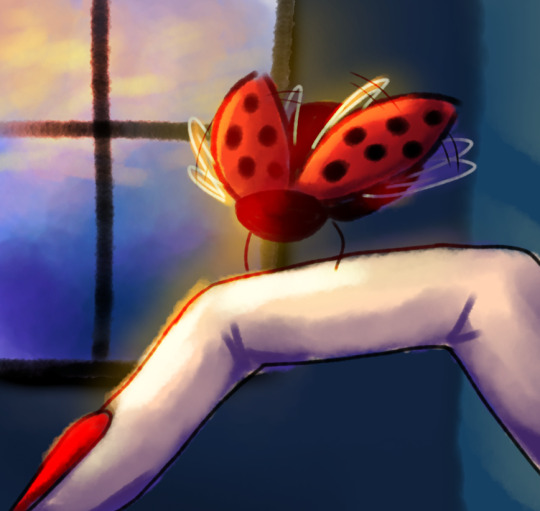
24 notes
·
View notes
Text
Texas judge grants pregnant woman emergency abortion despite state’s ban | The Independent
A Texas state court authorised an emergency order allowing a pregnant woman to get an abortion — flying in the face of the state’s strict anti-abortion bans and the first case of its kind since Roe v Wade was overturned.
Kate Cox’s baby was diagnosed with full trisomy 18 — and her baby may not survive until birth, and if the baby does, the life would only span for minutes, hours or days, her attorney, Molly Duane said.
31 notes
·
View notes
